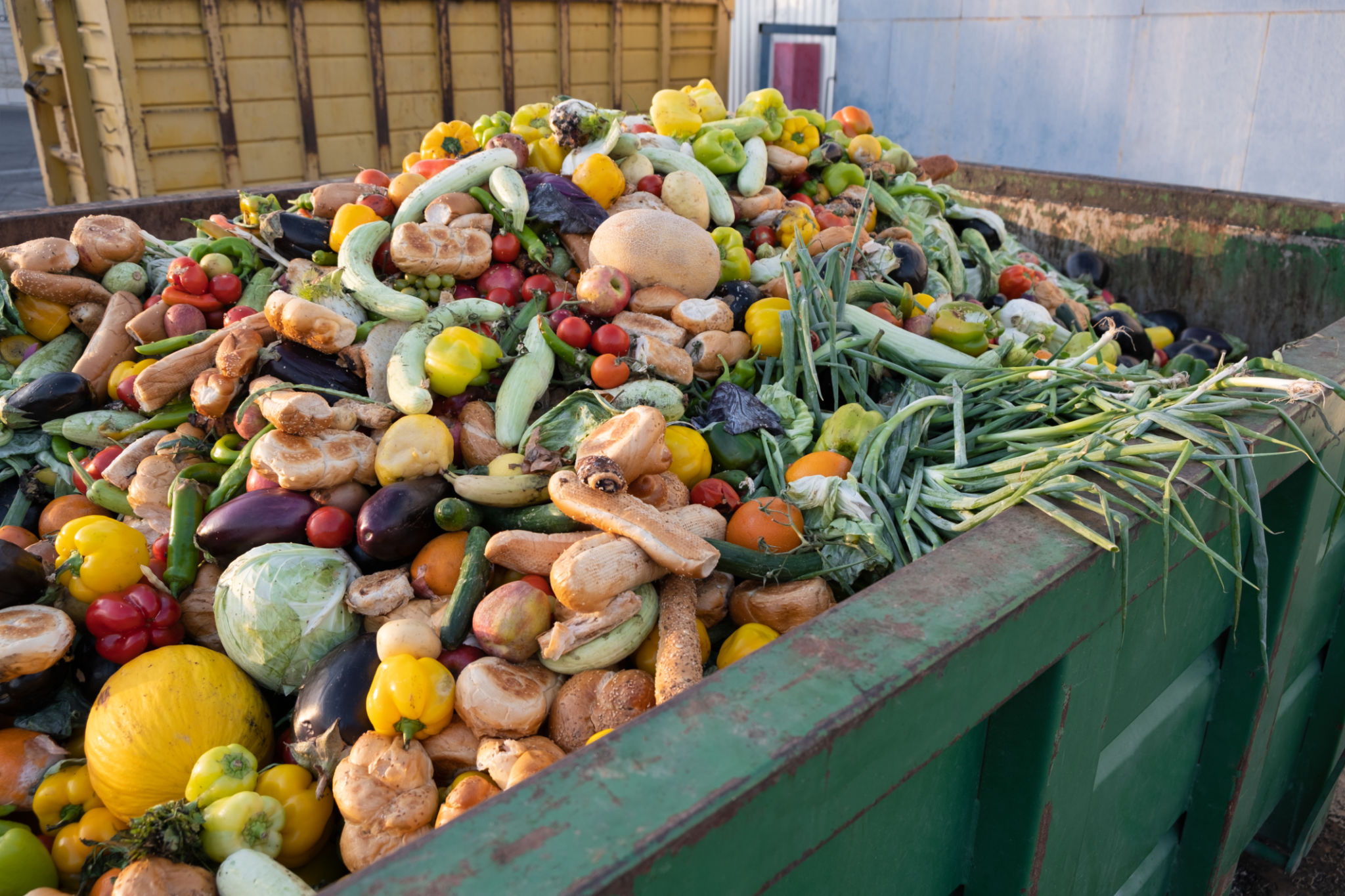Sustainable Eating Trends in Georgia: What You Need to Know
Understanding Sustainable Eating
In recent years, the concept of sustainable eating has gained significant traction across the globe, and Georgia is no exception. This trend emphasizes making food choices that are not only healthy but also environmentally friendly. As more people become aware of the impact of their dietary habits on the world, sustainable eating has become a pivotal topic of discussion.
Sustainable eating involves choosing foods that are produced, processed, and distributed in ways that protect the environment and promote health. It often includes a diet rich in plant-based foods and a reduction in meat consumption. In Georgia, this movement is being embraced by both individuals and businesses.

Local Farming and Organic Produce
One of the key aspects of sustainable eating in Georgia is the emphasis on local farming and organic produce. By sourcing food locally, consumers can reduce their carbon footprint, as it minimizes the need for long-distance transportation. Farmers' markets across the state offer a variety of fresh, organic fruits and vegetables that cater to this demand.
Choosing organic produce not only supports local farmers but also ensures that fewer pesticides and chemicals are used in agriculture. This approach contributes to healthier soil and water systems, making it a win-win for both the consumer and the environment.
The Rise of Plant-Based Diets
Another significant trend in sustainable eating is the shift towards plant-based diets. Many Georgians are now embracing vegetarian and vegan lifestyles as a way to reduce their environmental impact. Plant-based diets generally require fewer resources such as water and land, compared to diets high in animal products.

The availability of plant-based options in restaurants and grocery stores has made it easier for people to make this transition. From plant-based burgers to dairy-free milk alternatives, there are numerous options available for those looking to adopt a more sustainable diet.
Food Waste Reduction
Reducing food waste is another critical component of sustainable eating. In Georgia, initiatives aimed at minimizing food waste are gaining momentum. Many households and businesses are now more conscious of their food consumption patterns, leading to more efficient use of resources.
Simple practices such as meal planning, proper storage, and composting can significantly reduce food waste. Additionally, several organizations in Georgia are focused on redistributing surplus food to those in need, ensuring that edible food does not end up in landfills.

Supporting Sustainable Seafood
Sustainable seafood is an important aspect of environmentally conscious eating habits. In Georgia, consumers are encouraged to choose seafood that is harvested responsibly to prevent overfishing and protect marine ecosystems. Look for certifications like Marine Stewardship Council (MSC) when purchasing seafood.
Restaurants across the state are also participating in this movement by offering sustainable seafood options on their menus, thereby helping educate diners about responsible consumption choices.
Conclusion
Sustainable eating in Georgia is more than just a trend; it's a movement towards a healthier planet and population. By supporting local farmers, reducing food waste, embracing plant-based diets, and opting for sustainable seafood, Georgians can contribute positively to the environment while enjoying delicious meals.
As awareness continues to grow, sustainable eating practices are expected to become even more mainstream, paving the way for a greener future for Georgia and beyond.
